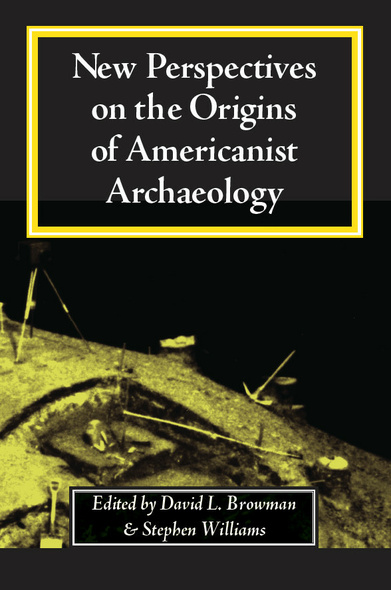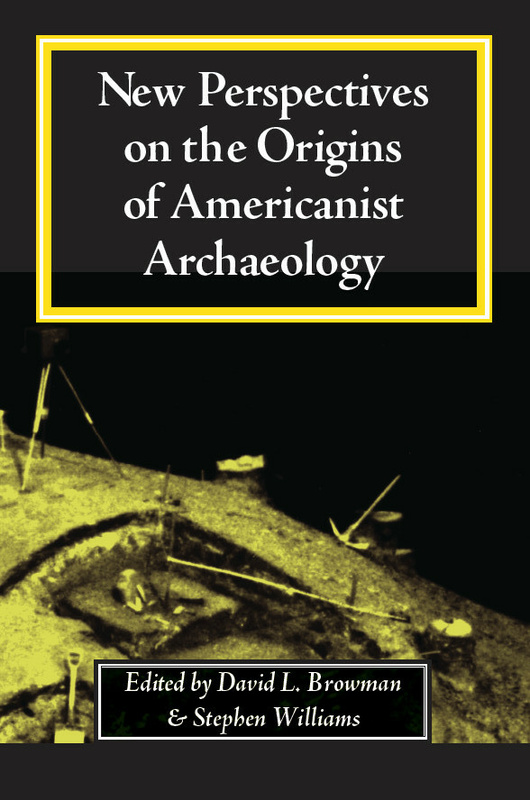New Perspectives on the Origins of Americanist Archaeology
In this landmark book, experienced scholars take a retrospective look at the developing routes that have brought American archaeologists into the 21st century.
In 1996, the Society for American Archaeology's Committee on the History of Archaeology established a biennial symposium
named after Gordon R. Willey, one of the fathers of American archaeology, to focus on the history of the discipline. This volume grew out of the
second symposium, presented at the 1998 meeting of the Society for American Archaeology.
Interest in the intellectual history of the field is certainly nothing new—the first such volume appeared in 1856—but previously, focus has been on individuals and their theories and methods, or on various government agencies that supported, developed, or mandated
excavations in North America. This volume, however, focuses on the roots of Americanist archaeology, including its pre-1915 European connections, and on some of the earliest work by women archaeologists, which has been largely overlooked.
Full of valuable insights for archaeologists and anthropologists—both professional and amateur—into the history and
development of Americanist archaeology, New Perspectives will also inspire and serve as a model for future research.
David Browman is Professor of Anthropology and Chair of the Interdisciplinary Program in Archaeology at Washington University. Stephen Williams is Professor Emeritus of Anthropology at Harvard University.
This is a unique collection of original, in-deptharchival/manuscript research that is chock-full of new insights and information about the origins of American archaeology. More than providing substance, this inspirational volume sets the standard and provides the model for archaeologists interested in pursuing similar studies into the poorly lit corners of our discipline's past.'
—James Stoltman, University of Wisconsin
The volume as a whole also carries an important and broadly relevant message. Human history . . . tends to be more complex and multilinear than we often first suspect.'
—American Anthropologist





